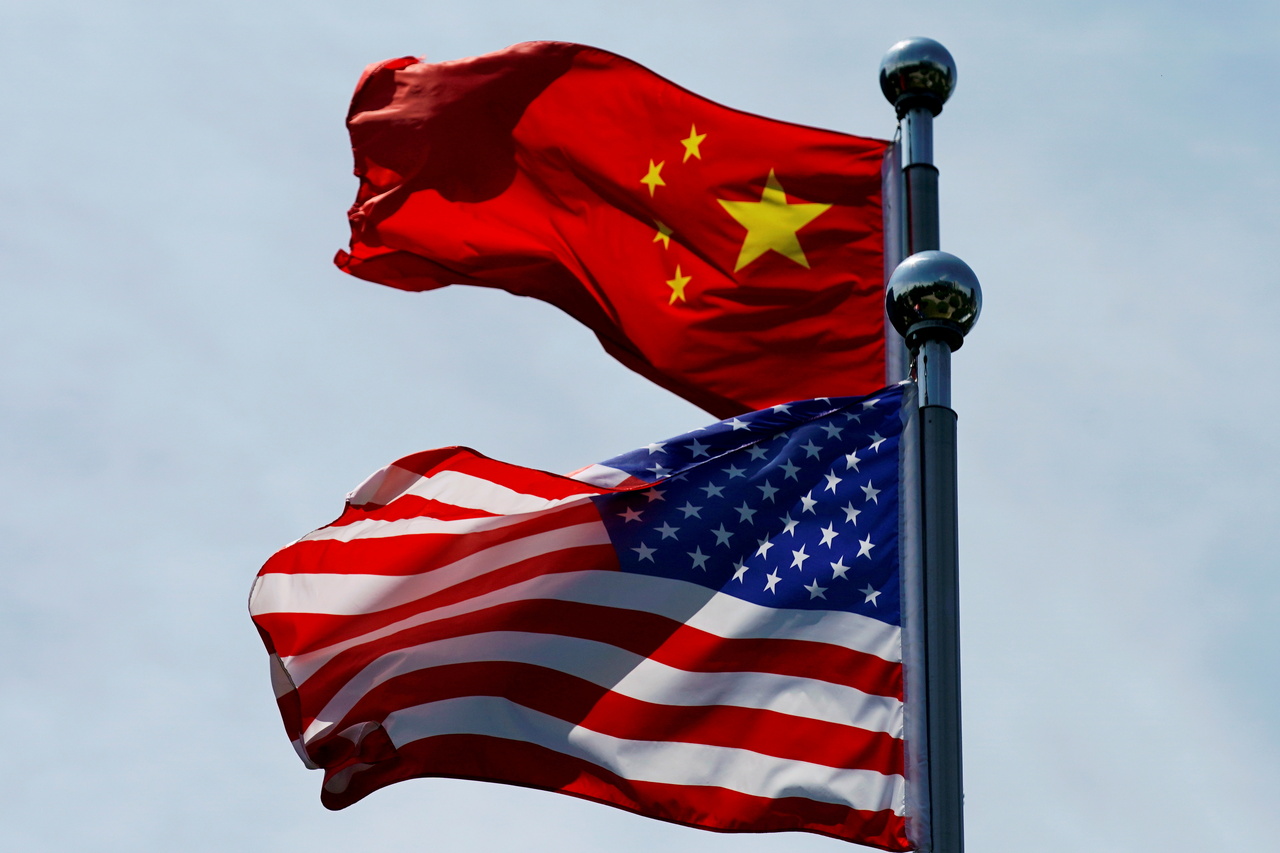US firms' confidence in China hits record low with zero-Covid-19 policies the top concern: Survey
Sign up now: Get ST's newsletters delivered to your inbox

Over the past 12 months, 24 per cent of respondents have shifted parts of their supply chains out of China.
PHOTO: REUTERS
WASHINGTON - China's zero-Covid-19 policy was the top concern last year for American companies in the country as their optimism about the world's second-largest economy fell to a record low, according to an annual survey released on Monday (Aug 29).
Beijing's pandemic policy also displaced tensions between the United States and China to become the American firms' chief worry for the first time in five years.
More than half of the 117 respondents in the US-China Business Council's survey said they had paused, delayed or axed their investment plans in China as a result of its strict containment strategy.
"The looming possibility that companies will again be forced to partially halt operations due to lockdowns and the impacts of local controls on consumer demand have undermined confidence in the business environment," said the business council's president, Mr Craig Allen, at a press conference.
He added that the lockdowns had forced US companies to shut down for months, created significant uncertainties for businesses, and prevented many US executives from visiting their China operations for several years.
Even if China changed course on its Covid-19 policies, 44 per cent of the respondents said restoring business confidence would take years.
The survey was conducted in June this year, shortly after a period of widespread lockdowns in response to Covid-19 cases across China, most notably in Shanghai.
Businesses also reported record levels of pessimism, citing geopolitical tensions as the top issue affecting their gloomy five-year business outlooks.
Some 21 per cent of respondents said they had a pessimistic outlook, more than double last year's figure of 9 per cent. While nearly 90 per cent of businesses surveyed had been optimistic a decade ago, just over 50 per cent were now.
Mr Allen said this pessimism was "affecting companies' decisions about their supply, chains and future investments".
Over the past 12 months, 24 per cent of respondents had shifted parts of their supply chains out of China, compared with 14 per cent in the previous year.
However, the majority of 78 per cent had kept their supply chains in China, a testament to "the country's competitiveness in speed, quantity, quality, and cost of manufacturing, despite lockdowns and tariffs'', the survey report noted.
It also found that about two-thirds of respondents were in a wait-and-see mode, and were not planning to make any changes to resource commitment over the next year.
"At the same time, companies overwhelmingly remain profitable in China, and they continue to recognise China's importance to their global competitiveness," said Mr Allen.
He noted that 63 per cent of respondents said their profitability increased last year, underscoring the importance of the China market for US companies.
Beyond Covid-19 restrictions and geopolitical tensions, companies named data, privacy and cyber-security laws, rising costs and technology decoupling between the US and China as their other main concerns.
Protectionism in China was another problem facing companies, which named industrial policies promoting domestic innovation as their top protectionism concern.
A third of respondents also said they were worried about being targeted by negative media coverage in China.
"The data in this year's survey unfortunately foreshadows major headwinds for US companies operating in China," said Mr Allen.
To reverse this trajectory, he urged policymakers in Beijing and Washington to look for areas of cooperation, and "adequately but narrowly scope national security issues to avoid unintended consequences to normal trade and investment activities".
Mr Allen also urged China to take bolder steps to balance pandemic control with economic growth, and proactively level the playing field for foreign businesses by improving market access as well as limiting distortive industrial policies and government procurement policies.


